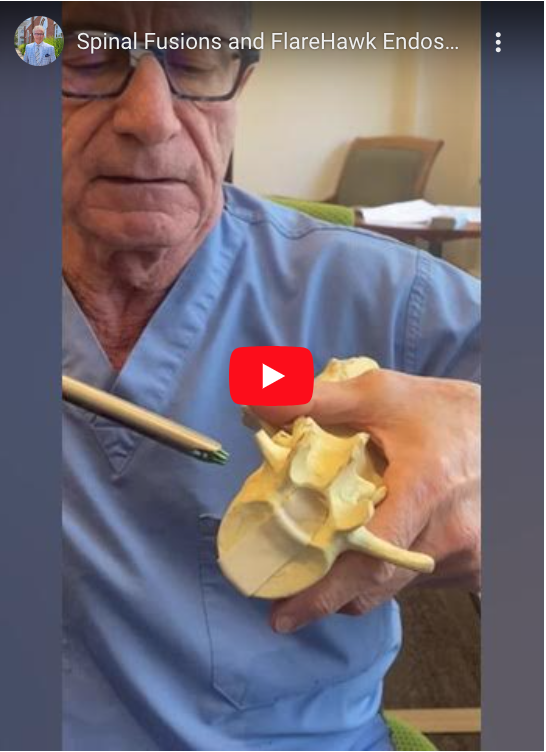
If you’re one of the many people who suffer from a stiff neck, you’re probably always on the lookout for ways to relieve the pain. A stiff neck can be very uncomfortable and make it difficult to do everyday activities. Treating a stiff neck depends on the root cause of your discomfort. While there is no one-size-fits all solution to neck pain, there are common treatments you can try to hopefully remedy your pain and discomfort.
What are the Causes of a Stiff Neck?
There are many different causes of neck pain. It could be something as simple as sleeping in the wrong position or could be caused by an underlying condition that is starting to show. Here are some common causes of neck pain that you should be aware of:
– Sleeping in an awkward position: This is one of the most common causes of a stiff neck. When you sleep in an awkward position, your neck muscles can get stiff and sore.
– Stress: There are a few ways that stress can lead to neck pain. When an individual is feeling stressed, he or she may unconsciously tense the muscles in the neck. This tension can lead to pain and stiffness over time.
– Poor posture: Poor posture can cause neck pain by putting stress on the muscles and joints in the neck. This can lead to inflammation and pain. Poor posture can also cause tension headaches and fatigue. Sitting or standing with poor posture for long periods of time can lead to a stiff neck and pain throughout the day.
– Arthritis: The pain from arthritis can be felt anywhere in the body, and it’s not unusual for people with arthritis to experience neck pain. The most common type of arthritis, osteoarthritis, is a degenerative joint disease that affects the cartilage and bones in the joints. When the cartilage wears away, the bones can rub together, causing pain and stiffness.
– Injuries: Different types of injuries can cause neck pain. Car accidents, sports injuries, and slip and falls are some of the most common causes of neck pain and may require medical intervention to rule out serious injuries that require specialized care.
How can I Relieve the Pain?
There are several things you can do on your own to help relieve the pain and stiffness associated with a stiff neck. Here are some self-care tips:
– Use a heating pad or ice pack. Heating pads can help relax the muscles and improve blood flow, while ice packs can help reduce inflammation. Experiment with different temperatures to see what works best for you.
– Take ibuprofen or another over-the-counter medication. Ibuprofen is a nonsteroidal anti-inflammatory drug (NSAID) that can help relieve pain and inflammation.
– Stretch your neck muscles. Gently stretch the muscles in your neck by tilting your head to one side, then the other. You can also gently rotate your head from side to side.
– Drink plenty of fluids. Being dehydrated can affect the intervertebral discs that separate and cushion the discs in our spines. Staying hydrated can help reduce inflammation and pain.
– Get plenty of rest. Taking it easy for one or two days allows injured tissues to begin healing, which will help relieve stiffness and possible muscle spasm. However, resting should be limited to one or two days since inactivity can cause muscles to weaken and strain to support the neck and head.
– Get a massage. A professional massage can help loosen stiff muscles and improve blood flow helping your body heal.
When Should I See a Doctor?
If you experience any of the following symptoms, it’s time to see a doctor:
– Severe or constant pain lasting longer than a few days. If the pain doesn’t go away after a few days of self-care, or if it’s severe, it’s time to see a doctor. The stiff neck may be caused by something more serious.
– Difficulty swallowing or speaking. This can be a sign of an infection or other serious medical condition.
– Pain that radiates down the arm or shoulder. This can be a sign of nerve damage, which requires prompt medical attention.
– Fever. A fever may indicate a serious infection. See your doctor right away if you have a fever.
– Difficulty moving your neck. If you have difficulty moving your neck, it may be a sign of a more serious problem. See a doctor right away if this is the case.
– Fever/Chills or nausea. A stiff neck can sometimes be a sign of an infection, such as meningitis or strep throat. If you have a fever or nausea along with neck pain, see a doctor right away.
– Sudden weakness or numbness in your arms or legs.
Neck pain that becomes chronic can start to diminish your quality of life. Here at William Capicotto, MD PC we pride ourselves on patient care and give you the individual attention you deserve. If you’re experiencing any of these severe symptoms, please don’t hesitate to call us at (716) 881-0382 to schedule an appointment.


